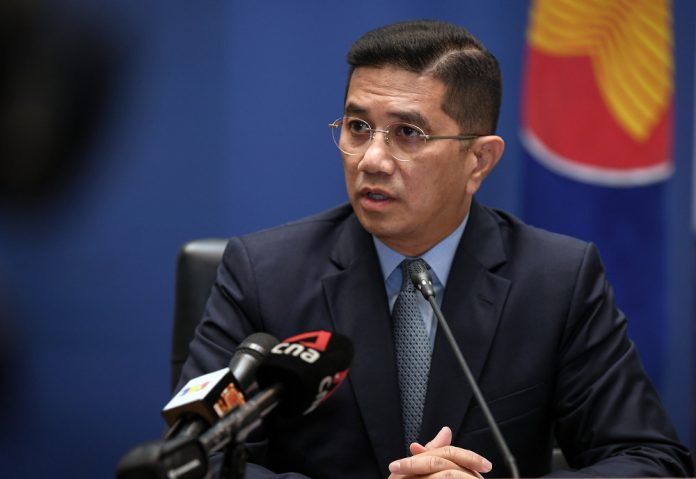
KUALA LUMPUR, Dec 14 — The government has set up a special committee to study the 49 recommendations submitted by the Electoral Reform Committee (ERC) before the report is made public.
Minister in Prime Minister’s Department Datuk Seri Takiyuddin Hassan said the special committee comprising Cabinet members is headed by Datuk Seri Mohamed Azmin Ali and will scrutinise each of the recommendations to identify which is a priority and if they can be done.
“The government needs time to evaluate, get views and feedback from several agencies in particular important bodies such as the Election Commission,” Takiyuddin told the Dewan Rakyat today.
He was replying to DAP’s Kota Melaka MP Khoo Poay Tiong who asked if the government would make public the ERC report and its findings.
Takiyuddin added that once the special committee completes its study, the report will be made public to get the public’s feedback.
“This is a step taken by the government and I believe, on behalf of the government that the report will be presented in Parliament for all MPs and if there is a need it can be debated directly and indirectly,” he said.
He added that the reason for the government to study the recommendations is also to ensure that the changes made would actually add value to the people in the country.
After two years of survey and study, the ERC submitted in August 49 recommendations to overhaul the voting system to Prime Minister Tan Sri Muhyiddin Yassin.
Among the recommendations were to appoint new members to the Electoral Boundary Commission on a yearly basis instead of the current practice of once every eight years.
The last appointments were made when the redelineation exercise was carried out just prior to GE14 in 2018.
The ERC also mooted new laws governing public funds, donations and private money channelled into political parties; appointing international and local observers during elections; making political parties register with the Election Commission; making sure one candidate competes for only one seat; and for the EC to have greater authority in regulating the polls.


